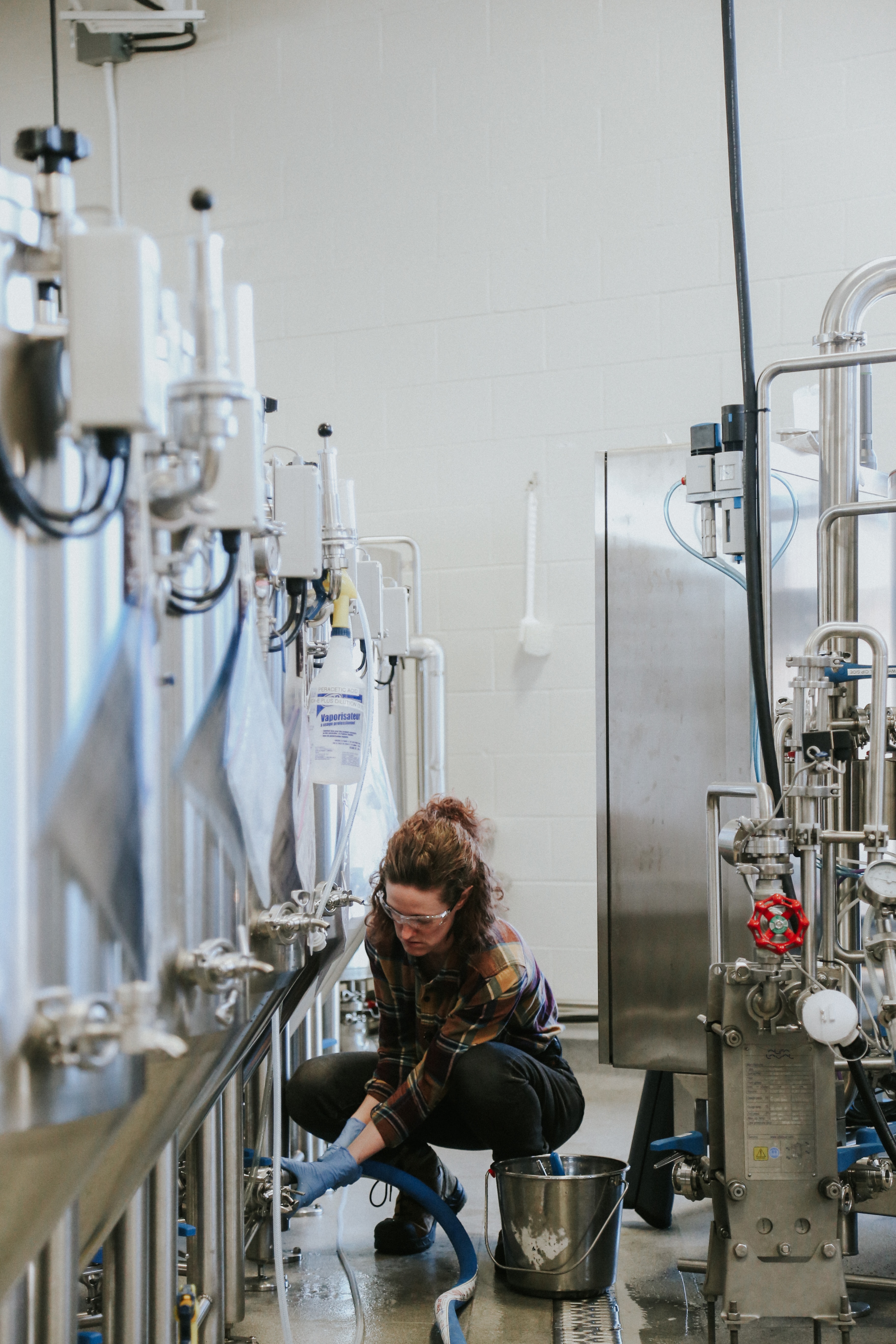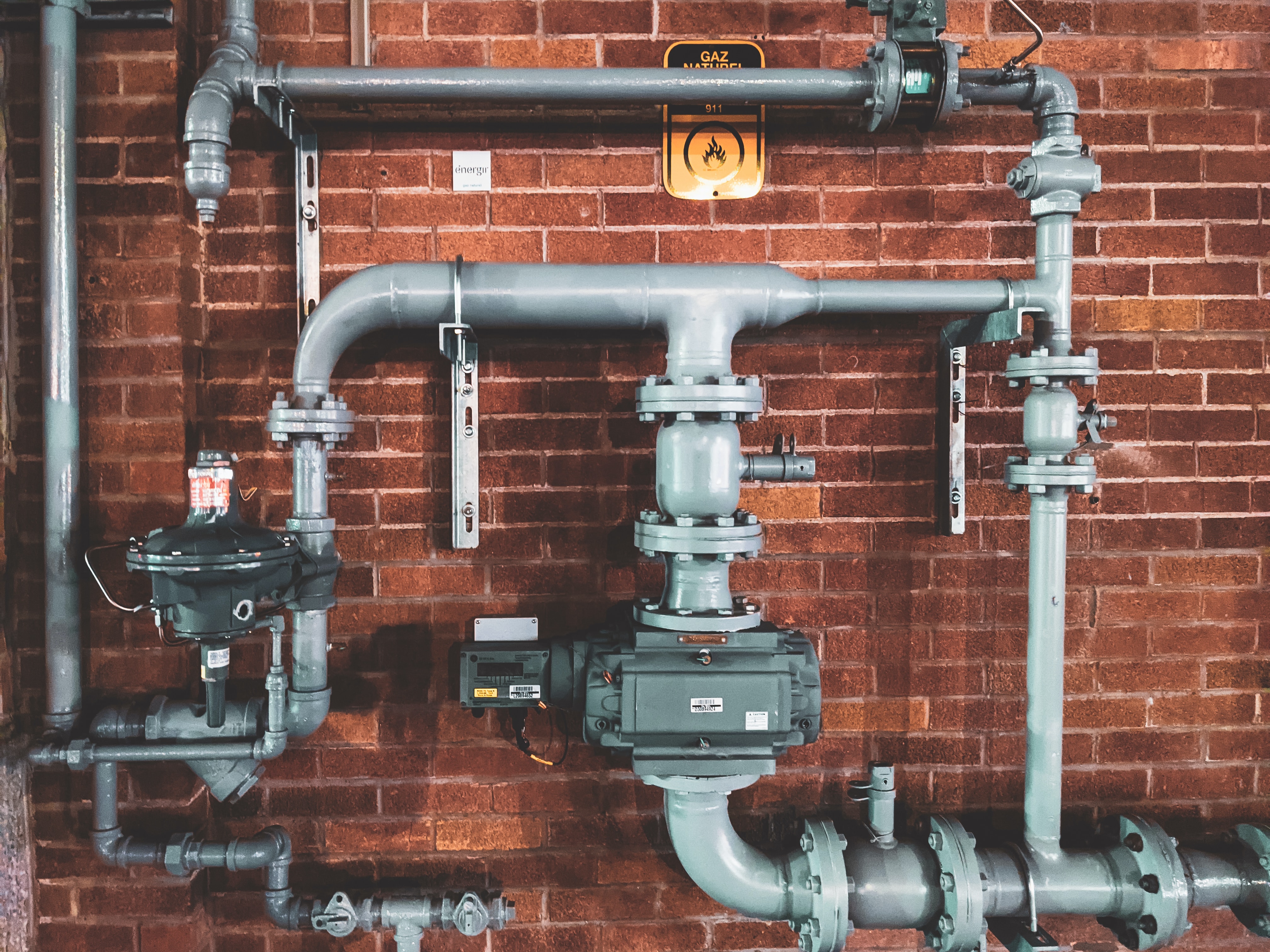As the world has become more environmentally conscious, many people have begun to consider ways to reduce their carbon footprint. For those living in rural areas with limited access to natural gas or who rely on oil heating, moving towards Net Zero heating can seem like a daunting task. However, a new poll has shown that rural homeowners are eager to make the switch to more sustainable heating options. In this article, we will explore the results of this poll and provide guidance for rural homeowners looking to transition to Net Zero heating.
The Poll Results
A recent poll conducted by the National Rural Energy Association (NREA) revealed that rural homeowners are becoming increasingly concerned about the environmental impact of their heating systems. The NREA surveyed 1,000 homeowners in rural areas across the United States, asking them about their opinions on Net Zero heating technologies, the challenges they’ve faced when transitioning to these systems, and their level of interest in making the switch.

The results of the poll showed that 87% of respondents had heard of Net Zero heating, and 62% of those who were familiar with the concept expressed an interest in making the transition. Additionally, nearly 80% of respondents identified environmental concerns as their top motivation for considering the switch.
While the desire to transition to Net Zero heating was high, the poll results also highlighted several challenges rural homeowners face when considering the switch. These challenges include the upfront cost of transitioning, the lack of available funding and incentives, and the lack of knowledge about Net Zero heating technologies.
Guidance for Rural Homeowners
The poll results show that rural homeowners are eager to embrace Net Zero heating technologies, but they need more guidance when it comes to navigating the challenges of transitioning. Here are some tips for homeowners who are considering making the switch:

1. Look for Funding and Incentives
Transitioning to Net Zero heating can be expensive upfront, but there are resources available to help offset these costs. Look for funding and incentives from federal, state, and local governments, as well as from utility companies and other organizations. These resources can help make the transition more affordable and attractive.
2. Educate Yourself on Net Zero Heating Technologies
There are many Net Zero heating technologies available, including geothermal, heat pumps, solar heating, and biomass boilers. Educate yourself on the available options and choose the technology that is best suited for your home’s heating needs and location.
3. Work with a Licensed Plumber
When transitioning to Net Zero heating, it’s important to work with a licensed plumber who is familiar with the technology and local building codes. They can help you choose the right system for your home and ensure that it is installed safely and efficiently.
4. Consider Energy Efficiency Upgrades
Transitioning to Net Zero heating is only one step towards reducing your home’s carbon footprint. Consider upgrading your home’s insulation, sealing air leaks, and upgrading to energy-efficient appliances to further reduce your energy consumption.
Conclusion
The poll results show that rural homeowners are eager to transition to more sustainable heating options. While there are challenges to making the switch, resources are available to help homeowners navigate these challenges. By educating themselves on Net Zero heating technologies, working with a licensed plumber, and making energy efficiency upgrades, rural homeowners can make the transition to a more sustainable and eco-friendly heating system. If you’re ready to make the switch to Net Zero heating, visit aceplumbingrepair.com or give us a call at (844) 711-1590 to learn how our plumbing experts can help.






